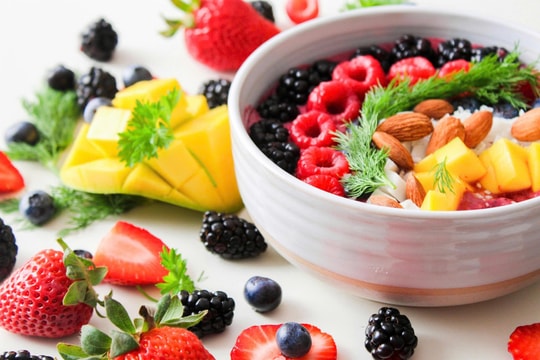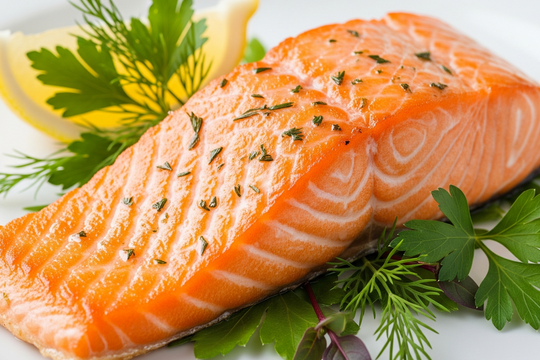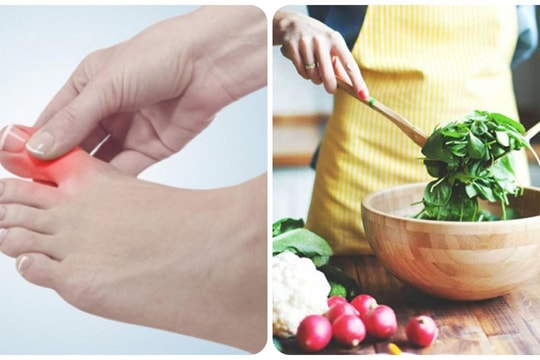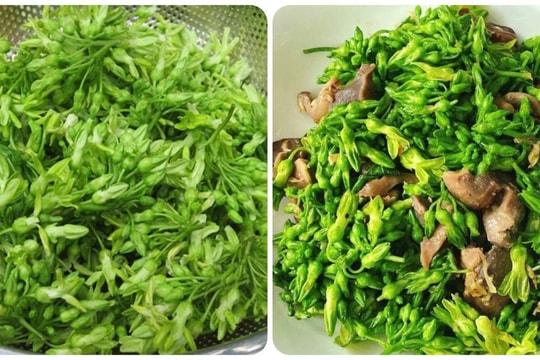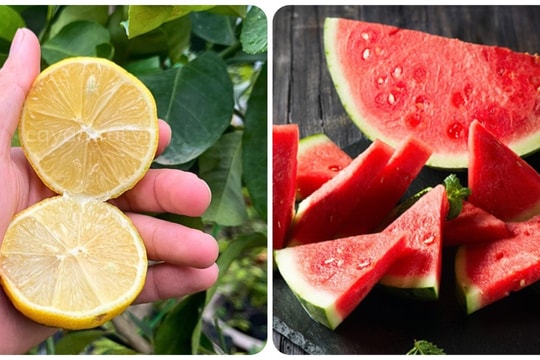Preventing iron deficiency in adolescents
A diet that meets nutritional standards helps prevent the risk of iron deficiency, which affects the health of adolescent girls.
During puberty, iron deficiency in children will cause memory loss and a 5-10 point drop in IQ. This deficiency will also affect learning outcomes and cause stress and fatigue in children's lives. Parents should understand and know how to prevent iron deficiency in their children.
 |
Causes of iron deficiency
Menstruation: Iron is an important companion for girls during puberty. During this period, the amount of iron in the body is lost quite a lot so it needs to be supplemented.
Growth period: This is also the period of growth when the body needs to mobilize more iron to develop the body. According to research and reports from the National Institute of Nutrition, girls in puberty need up to 41.3 mg of iron.
Dieting: The dieting trend of teenage girls also causes an inadequate supply of iron.
Symptoms of iron deficiency
Iron deficiency causes paleness, prolonged fatigue, shortness of breath, dizziness, headache, and increased sweating. In addition, children may also experience brittle nails and dry hair, restless limbs and tingling in fingers and toes, lack of concentration and poor endurance, irritability, etc.
 |
How to supplement iron
According to research by the Institute of Nutrition, the average diet of teenage girls only meets 50% of iron needs. In particular, the daily food preparation habits of Vietnamese people contain many substances that inhibit iron absorption. Therefore, parents need to advise and apply a diet for teenage girls to meet nutritional standards and have enough iron.
Accordingly, you should take your child for a general medical examination and blood test to ensure that there is really no iron deficiency.;Talk about the importance of iron during puberty, so girls can take responsibility for themselves.
If your child does not want to eat red meat or wants to diet, they need to supplement by eating black sesame.,dried beans, lentils, peas, broccoli, spinach, beans, cereals, breads and cereals. In addition to poultry and fish, lean red meat should be consumed 3 - 4 times a week.
Vitamin C helps the body absorb iron better. Therefore, foods rich in vitamin C should also be encouraged to be increased in meals such as oranges, lemons, tangerines, strawberries, kiwis or vegetables such as tomatoes, cabbage, green peppers and broccoli. Parents should also encourage breakfast with foods rich in and fortified with iron such as cereals and bread; supplement a quantity of micronutrients such as vitamin C, B12, vitamin E and especially iron - an important micronutrient during puberty. Tea and coffee should be used in moderation, as they can hinder iron absorption. Avoid prolonged diarrhea because chronic diarrhea can deplete iron reserves because intestinal parasites can cause iron deficiency.
According to VNE
| RELATED NEWS |
|---|

.jpg)
